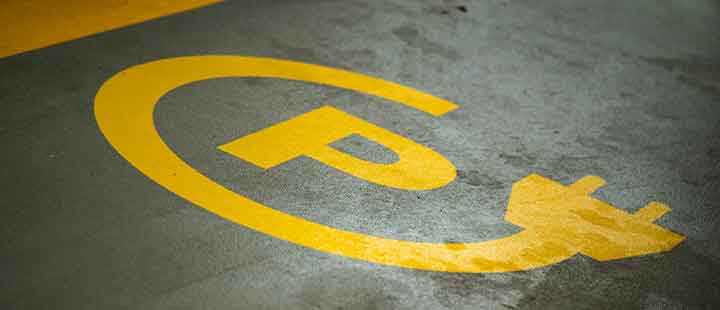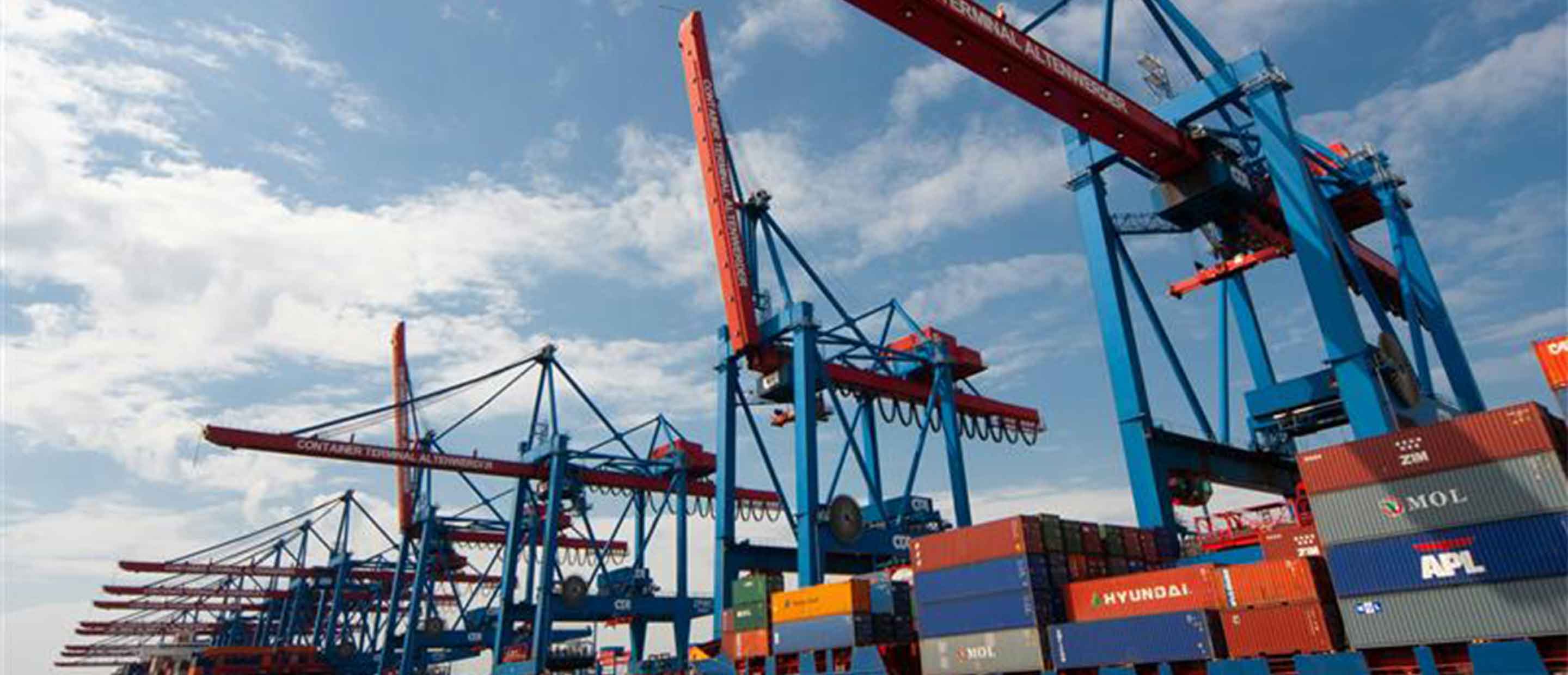Please note: this article is more than one year old. The views of our CIO team may have changed since it was published, and the data on which it was based may have been revised.
The ongoing climate crisis, the loss of biodiversity and the degradation of ecosystems combine to form the greatest social challenge that we face.
You can read this article in italian here.
Sustainability issues are rightly moving up the world's economic and political agenda. But with so many problems, solutions and definitions to consider, it can be difficult to keep track of the things that will actually put society on the path to sustainable development. At this critical moment, it is vital that we prevent unjust outcomes in our rush to build a better world. The ethics and morals of sustainability may look simple at first glance, but we need to address the issue of inclusive growth in the context of policy participation for all – not only within our own political community but also universally.1 If we assess ESG in this context, we can see that adherence to ESG criteria is not a solely environmental endeavour, but also a social one. ESG criteria make us look at how we as individuals, as companies, and as society do things. From this perspective, the ongoing climate crisis, the loss of biodiversity and the degradation of ecosystems (the so-called “planetary triple crisis”) combine to form the greatest social (as well as economic and environmental) challenge that we face. Our dependency on the services that nature provides to us makes this even more difficult for us to address: on the one hand we are desperately in need of these services, on the other hand we are the ones harming them.
In low-income countries, environmental destruction has not only visible but also barely visible consequences, and their link to social injustice is especially painful. Untreated pollution in and around rivers is common and industrial plants can create a toxic living environment. Poor populations can pay the price in terms of higher levels of cancer, birth defects or other health indicators. Pressures may only increase. Droughts, for example, are putting enormous strain on the world's freshwater supply2 and food security is another major concern.3 In fact, inequality remains an important and destructive issue in both high- and low-income countries, even as overall global output and wealth increases.
We need economic activity but we also need to think about it in more detail. ESG can help. The question of social injustice affects all governments, although the level of development will play a part in determining the individual and the societal impact. Whether economic development will be beneficial for individuals and society depends on our set of rules on how to approach it. Every decision on such rules has its limits. That applies especially when regulatory decisions have to be made in crisis situations or in the context of path dependence (i.e. when the decision options are restricted for historical reasons, typically, for example, for socio-economic development).
This brings us to a crucial question: when is an individual able to make a decision for herself which is in line with the needs of society? This is what Hannah Arendt summarised as “the freedom to be free”. The idea of inclusive growth, which was already of relevance in the mid-19th century, is nowadays more important than ever.
With a growing body of research emphasising the significance of social factors for economic growth, we cannot ignore this crucial factor in designing a sustainable future society. However, ongoing reforms and adjustments are required to capture socio-economic realities in our decision-making processes.
To achieve a socially inclusive market economy, it is not enough to focus only on distributive justice (i. e. the fair distribution of benefits and burdens across society, including natural assets and environmental issues). Much more, the focus should be on contributive justice (i.e. the fair distribution of work, as set out by Michael Sandel, for breaking the “cycle of injustice”.4 Diversity is important there. Different societal norms, customs and ethics can enable technological innovation, dissemination or promotion of new ideas and the improvement of goods and services at the macro level.5
This brings us back to the importance of understanding what is necessary for our society to achieve true justice around sustainable development. The decisions of societies are ultimately aggregated decisions of all its individual components but building sustainable frameworks for such decision-making is difficult. In this environment, development decision-making will need to be underpinned by a feeling that justice is being achieved. But what exactly will be justice? I suspect that, like Adam Smith6 and some modern economist-philosophers such as Amartya Sen, we should start by accepting that “justice” is a multi-dimensional rather than monolithic problem. Justice is achieved if a third independent party would have come to the same conclusion. This might be a first step to breaking the cycle of injustice.
Sources:
1) “Ethics and Morals in an Economy – COVID-19 and Learning from the Past”, Global Policy Journal
2) “Water scarcity”, Unicef
3) “Food Justice Impacts Who Eats and Who Thrives”, Shondaland
4) “Platform Thinking – Justice, Competition and the Time Dimension”, Global Policy Journal
5) “Cultural heterogeneity and economic development”, VoxEU
6) “Adam Smith’s view of man”, JSTOR
/cio_social_justice_3.jpg)






